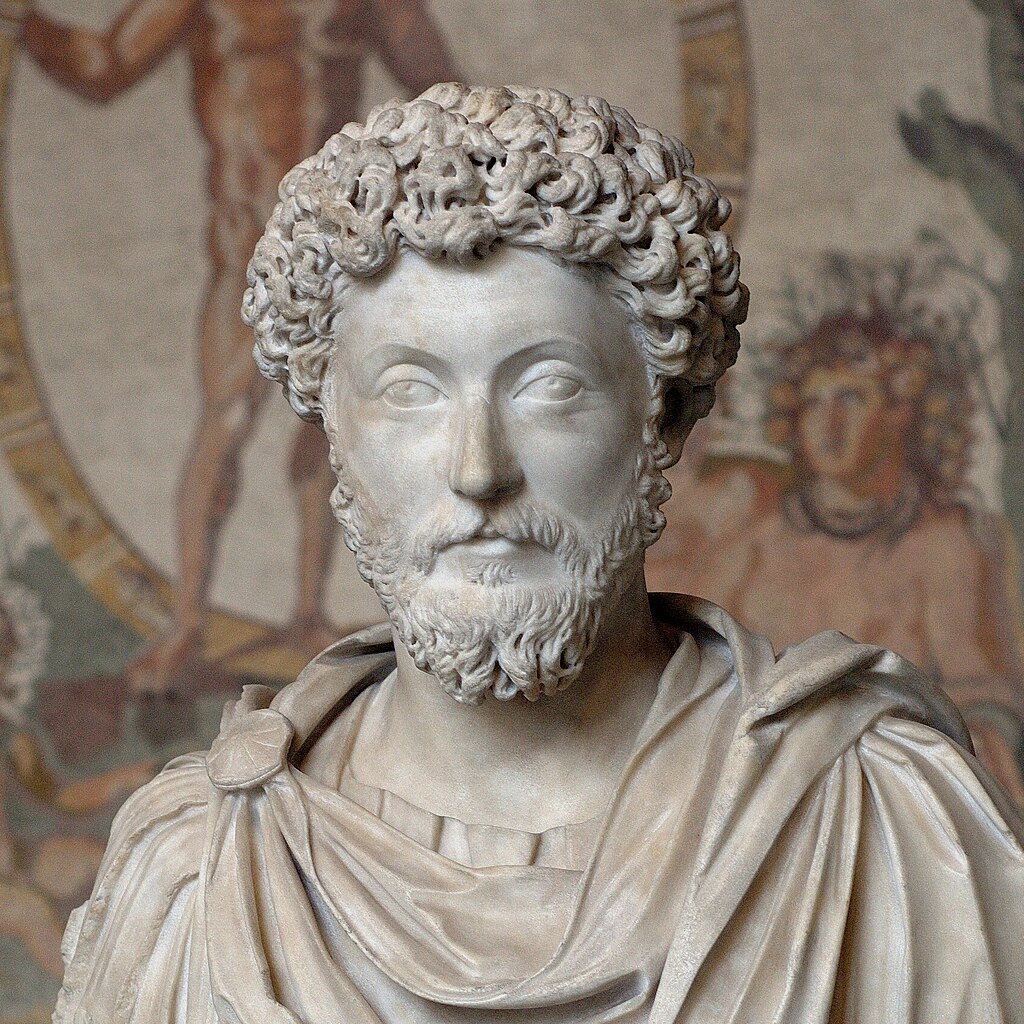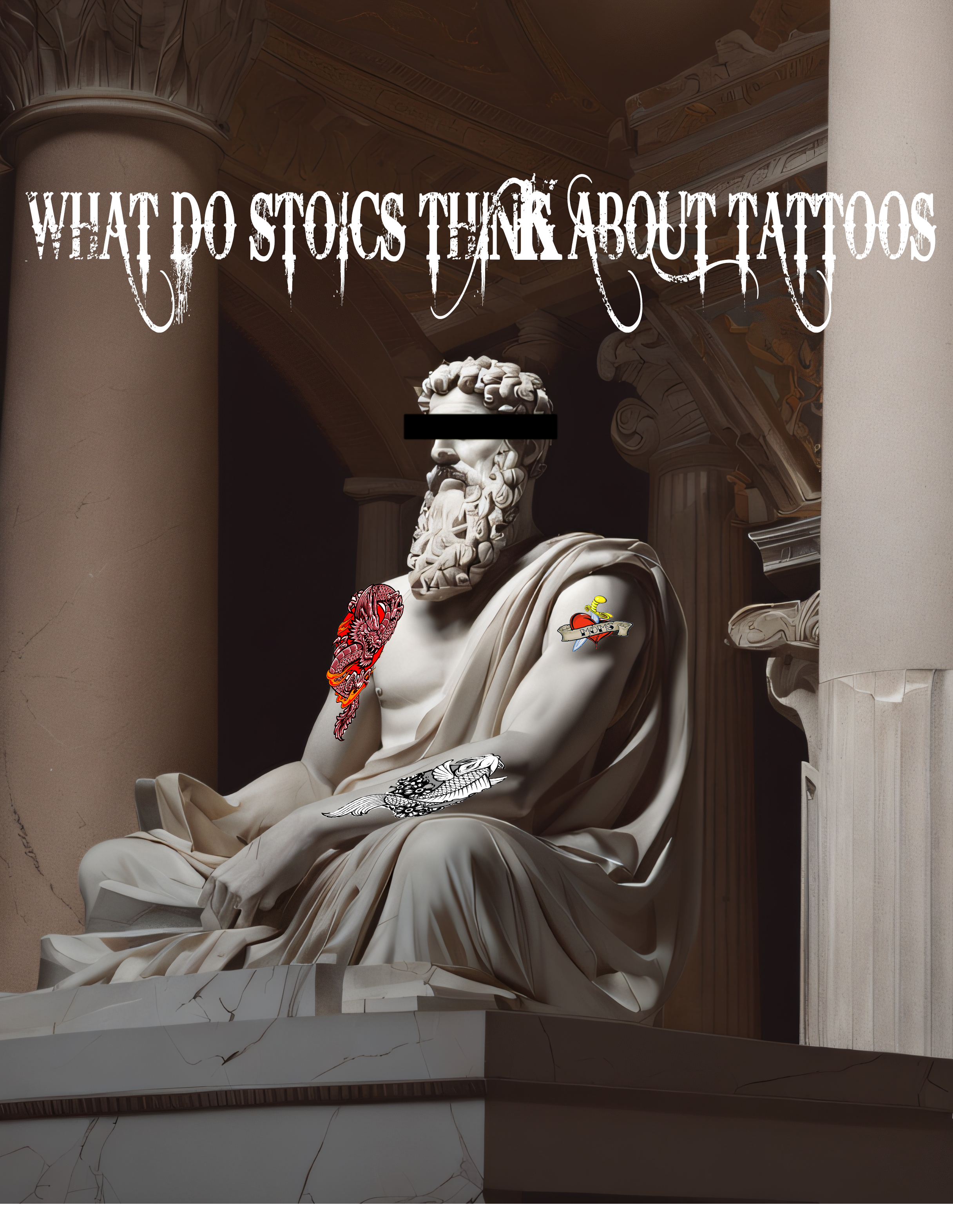What does Stoicism say about tattoos?
Tattoos, in today’s world, hold diverse meanings as forms of self-expression, rites of passage, or reminders of life’s experiences. But what would the ancient philosophy of Stoicism have to say about this modern practice? Let’s explore Stoicism’s perspective on tattoos with a bit of historical context.
Stoicism in a Nutshell Stoicism, originating in Athens during the early 3rd century BC under the guidance of Zeno of Cilium, revolves around comprehending the natural order of the world and attaining inner tranquility by concentrating on what lies within our control. Key to Stoic thought is the division between controllable aspects of life (such as our actions, judgments, and feelings) and uncontrollable external elements (like external events and the opinions of others).
Tattoos Through a Stoic Lens Here’s how Stoicism views tattoos:
1. Indifference to External Alterations: Stoicism asserts that external things, including our bodies, are essentially indifferent to our true nature. Consequently, tattoos, being modifications of the external body, are neither intrinsically good nor bad in Stoic terms. What holds more significance is the intention behind getting a tattoo.

2. The Virtue of Intention: If one chooses to get a tattoo as a means to commemorate a significant life event, honor a loved one, or symbolize a philosophical principle, it aligns harmoniously with Stoic values. However, if the motivation arises from vanity or the pursuit of a passing trend, Stoicism encourages introspection.
3. Reflection and Reason: Stoics emphasize the importance of rationality and careful decision-making. Prior to making a permanent mark on one’s body, a Stoic would advocate for deep contemplation regarding the reasons behind this choice and the potential long-term implications.
4. The Transient Nature of Life: Central to Stoicism is the notion that everything in life is temporary and constantly changing. In this context, the permanence of a tattoo can serve as a poignant reminder of life’s fleeting moments or as a contrast to the impermanence of our existence.
5. Social Roles and Duties: Stoics believe in fulfilling societal roles with virtue and integrity. If a tattoo has the potential to impede one’s societal or professional responsibilities, it warrants thorough consideration.

Modern Ink Meets Ancient Wisdom While Stoicism doesn’t provide a definitive verdict on tattoos, it does offer a framework for understanding them. Ultimately, the Stoic perspective on tattoos revolves around intention, reflection, and alignment with one’s values.
For those who wear their tattoos with purpose and thoughtfulness, these tattoos may represent a contemporary manifestation of ancient Stoic wisdom. And for those contemplating a tattoo, Stoicism offers a timeless guide: Know thyself, reflect on your intentions, and embrace the natural course of life, whether or not you choose to adorn your skin with ink.

Leave a Reply